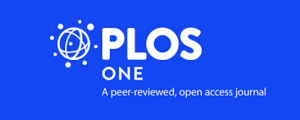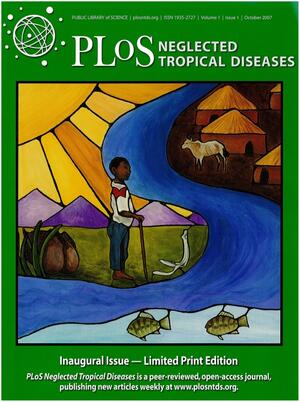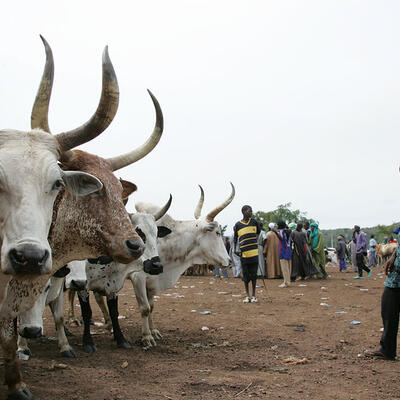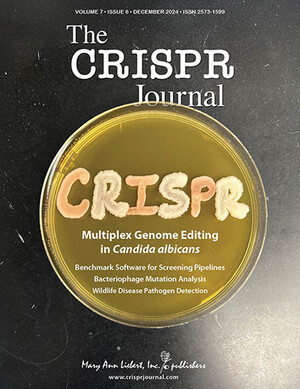

Hussein Abkallo joined the International Livestock Research Institute (ILRI) in August 2017 as a Post-Doctoral Fellow with a remit to establish CRISPR/Cas9 and Synthetic Biology technologies to generate live-attenuated vaccines against the African Swine Fever Virus (ASFV). This effort has yielded multiple ASFV vaccine candidates, which are now undergoing trials at ILRI. Hussein has since expanded the application of CRISPR/Cas9 technology to include attempts at editing the genome of Theileria parva, the parasite responsible for the devastating cattle disease known as East Coast fever.
Hussein is enthusiastic about harnessing the vast potential of gene editing, with the aim of utilizing its capabilities to enhance food security, alleviate climate-related vulnerabilities, and ultimately promote sustainable livelihoods.
Hussein's research focus has continued to evolve; he is also investigating the dynamic interplay between shifting weather patterns, vectors, and the spread of vector-borne diseases with zoonotic potential.
Moreover, Hussein is actively involved in mentoring and guiding the next generation of scientists through the supervision of MSc and PhD students. Additionally, he serves on the ILRI Institutional Biosafety Committee (IBC).
Prior to joining ILRI, Hussein held a Royal Society Newton International Fellowship at the University of Edinburgh in the UK. During this period, he employed CRISPR/Cas9 technology to edit the genome of the Plasmodium falciparum to unravel the role of highly variable multicopy var gene families in cerebral malaria.
Hussein's academic background includes a Ph.D. and an MSc in Medical Sciences from the Institute of Tropical Medicine at Nagasaki University in Japan, as well as a BSc in Biomedical Sciences from Maseno University in Kenya.
My Publications

Highly sensitive molecular assay based on Identical Multi-Repeat Sequence (IMRS) algorithm for the detection of Trichomonas vaginalis infection

The bacterial and pathogenic landscape of African buffalo (Syncerus caffer) whole blood and serum from Kenya

Presence of Plasmodium falciparum strains with artemisinin-resistant K13 mutation C469Y in Busia County, Western Kenya








